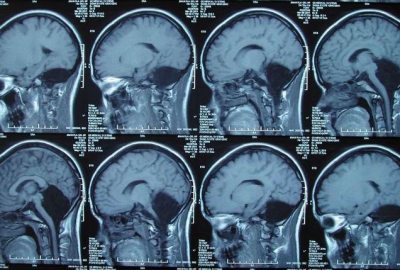Recently, it has been shown that orally administered cinnamon extract protects memory in a mouse model of AD. Several lines of evidence presented in the study references in that article clearly support the conclusion that cinnamon and its metabolite sodium benzoate (NaB) are capable of upregulating neurotrophic factors.
Cinnamon is commonly used for flavoring, along with its naturally produced metabolite NaB, which is widely used as a food preservative. As well, NaB is an FDA-approved drug for the treatment of urea cycle disorders in children. Earlier, the researchers of a new paper had demonstrated that NaB modifies T cells at multiple steps and protects experimental allergic encephalomyelitis, an animal model of multiple sclerosis.
In their new paper, the authors—from the Department of Neurological Sciences, Rush University Medical Center and the University of Illinois in Chicago—concluded from their observations that NaB dose-dependently induces the expression of BDNF and NT-3 in primary human astrocytes and neurons. This upregulation was specific to NaB as sodium formate (NaFO), a compound structurally similar to NaB but without having the benzene moiety, had no effect on the mice used in their experiment.

















